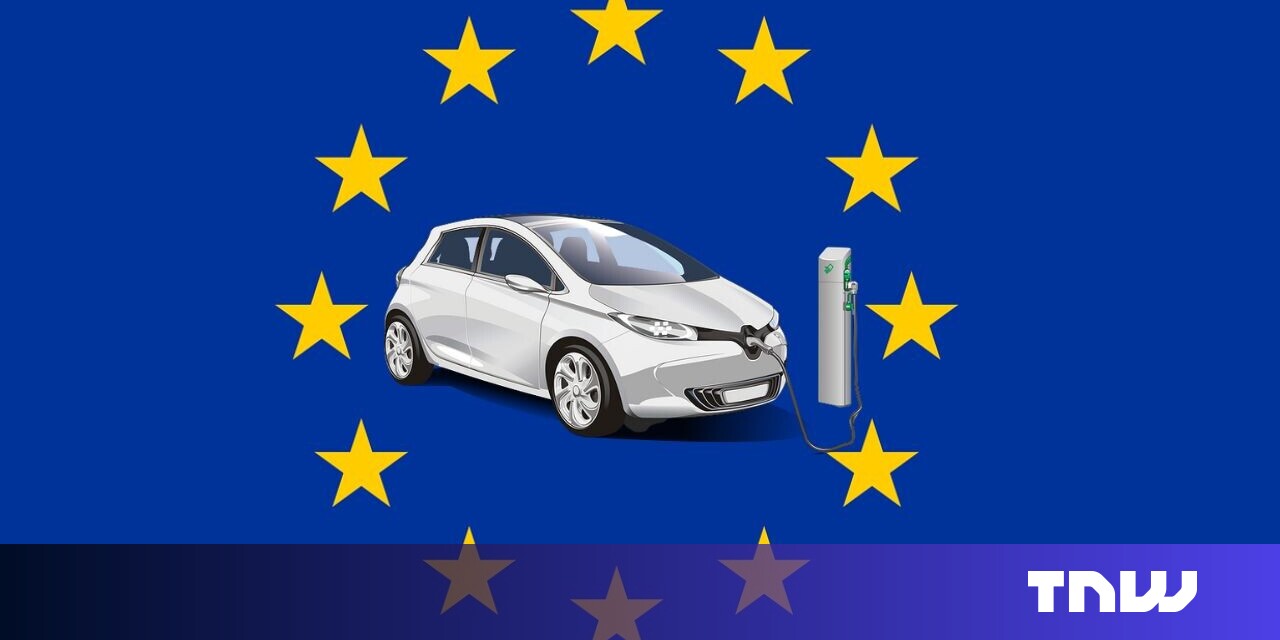Europe's Electric Vehicle Battery Gamble: A Race Against Time and Geopolitics
Europe's ambitious goal of becoming a global leader in electric vehicles (EVs) hinges on a crucial, yet risky, bet: securing a robust and independent battery supply chain. This isn't just an economic gamble; it's a geopolitical one, with far-reaching consequences for the continent's energy security and industrial future. The current situation is a complex interplay of ambitious targets, technological challenges, and escalating geopolitical tensions.
The High-Stakes Race for Battery Dominance
The EU aims to produce 100% of its EV battery needs domestically by 2030, a target that requires massive investment and a rapid scaling-up of production. This ambition stems from a growing awareness of the strategic importance of batteries: they are the lifeblood of the EV revolution, and control over their production translates to significant economic and political influence. Currently, the majority of EV batteries are manufactured in Asia, primarily in China, creating a significant dependency that Europe seeks to overcome.
This race isn't just about meeting domestic demand; Europe also aspires to become a major exporter of batteries, competing with established players like China, South Korea, and Japan. This requires a considerable leap in manufacturing capacity, technological innovation, and securing access to crucial raw materials.
Challenges and Hurdles: Beyond Gigafactories
Building gigafactories – massive battery production plants – is only part of the solution. Several significant hurdles remain:
-
Raw Material Dependency: The production of EV batteries requires a complex mix of raw materials, including lithium, cobalt, nickel, and manganese. Europe's reliance on imports of these materials from politically unstable regions creates vulnerability and supply chain risks. Securing sustainable and ethical sourcing of these materials is paramount.
-
Technological Advancement: The battery technology landscape is constantly evolving. Europe needs to invest heavily in research and development to stay at the forefront of innovation, particularly in areas such as solid-state batteries, which offer superior performance and safety.
-
Infrastructure Development: A robust charging infrastructure is crucial for widespread EV adoption. Building a pan-European network of charging stations is a significant undertaking, requiring significant investment and coordination across different countries.
-
Geopolitical Considerations: The competition for battery dominance is increasingly intertwined with geopolitical rivalries. The EU's efforts to build a domestic battery industry are viewed with keen interest, and sometimes concern, by other global players.
The Geopolitical Dimension: A Balancing Act
Europe's battery strategy is not just an economic endeavor; it carries significant geopolitical implications. Reducing reliance on Asian manufacturers is seen as crucial for enhancing energy security and preventing undue influence from foreign powers. The EU's approach involves strategic partnerships with other countries, investment in mining projects in friendly nations, and promoting responsible sourcing of raw materials.
However, this strategy also presents challenges. Navigating complex international relations, balancing economic interests with ethical concerns, and mitigating potential trade disputes are all critical aspects of this endeavor.
The Future of Europe's Battery Gamble: A Cautious Optimism
Europe's ambition to dominate the EV battery market is a high-stakes gamble. While the challenges are significant, the potential rewards – economic growth, technological leadership, and enhanced energy security – are equally substantial. Success requires concerted efforts across governments, industry, and research institutions. The coming years will be crucial in determining whether Europe can successfully navigate the complex landscape and secure its place in the global EV revolution. The outcome will have profound implications not just for the automotive sector but for the continent's future prosperity and geopolitical standing.
Call to Action: Stay informed about the latest developments in Europe's EV battery strategy by following reputable news sources and industry publications. The race is on, and the stakes are high.

